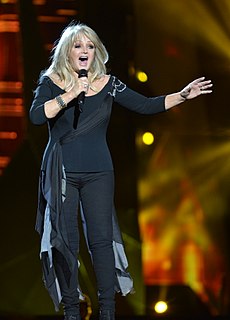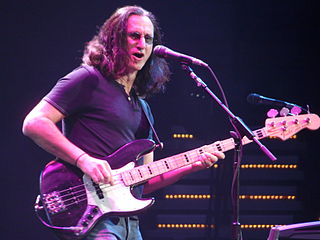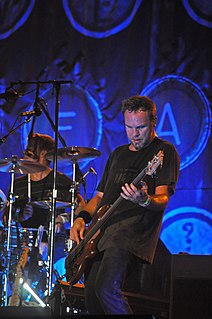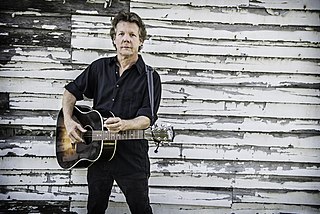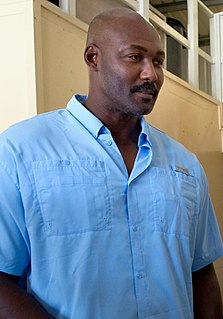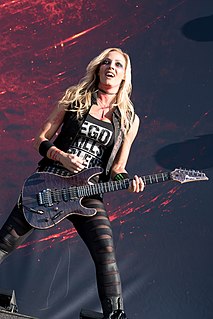A Quote by Andrew Bird
I don't like to disappear between records. I like to play shows while I'm making the record.
Related Quotes
I do not want and will not take a royalty on any record I record. I think paying a royalty to a producer or engineer is ethically indefensible. The band write the songs. The band play the music. It's the band's fans who buy the records. The band is responsible for whether it's a great record or a horrible record. Royalties belong to the band. I would like to be paid like a plumber. I do the job and you pay me what it's worth.
My mom had early rap records, like Jimmy Spicer. In the middle of the records was a turntable and a receiver - I used to scratch records on it - and on top was a reel-to-reel. In front of that wall were more stacks of records. It was either Mom's record or Pop's record, and they had their names on each and every one.
I used to play my records aloud until one night my mother was like, "This is too loud. I'm not having it," and so I put on headphones. But the headphones didn't stretch all the way to my bed from the record player, so I had to sleep on the floor in order to hear the records. I slept on the floor right next to the record player until I was probably 19 years old.
It's a battle between record company, between producer and between mastering engineer. Because the louder you make your record in a digital process, the more dynamics are squished out of it. Nobody knows exactly what happens, but the dynamics in the performance disappear, and everything is at the same volume.
My music has always been sort of in-between categories. Sometimes record stores - back when there were record stores - they'd put my records in the country music section, but other record stores would put my records in the pop or even the rock section. As long as it's in the store somewhere, I'm OK with it.
My music has always been sort of in between categories. Sometimes record stores - back when there were record stores - they'd put my records in the country music section, but other record stores would put my records in the pop or even the rock section. As long as it's in the store somewhere, I'm OK with it.




